Absolutely right! In this blog post, we’ll first give a brief overview of what a hair straightener performs and moreover what it is composed of, and as well describe the characteristics of the ceramic coating and ceramic heating elements used in nearly all contemporary flat irons the blog highlights.
Hair straighteners are an absolute must for that perfectly sleek look, yet it is staggering how some hair straighteners just don’t cut it. This is where the heating element comes in, which does most of the work when it comes to what a straightener can do. We have heard many rave about the easy and effective methods of using ceramic hair straighteners, today we bring you an answer as to why they come so highly recommended.
This core component is embedded in the plates of the straightener, which can be defined as, a ceramic heating element specifically made of ceramic that transmits heat, whilst electricity passes through it. It can be found within the plates of the straightener, allowing for uniform and reliable heating throughout the surface of the straightener, high and low points of temperature are rounded out which decreases the risk of burning the hair.
The performance of a ceramic hair straightener can be enhanced due to a unique set of physical properties possessed by the ceramics of its heating elements:
Ceramic heating elements are noted for their high heat capacity. As ceramics pass electrical energy through it, it instantly transforms into thermal energy making it easy for ceramic materials to maintain heat consistently reducing the chances of cold or hot spots during usage.
Since ceramics have a low thermal conductivity, the heat is retained within the ceramic therefore being evenly dispersed throughout the hair making it less prone to damage due to overexposure to heat.
During the working of a ceramic heating element, ceramic makes sure that the current does not leak during the use however even it does it reduces the risk of short circuits allowing the ceramic heater to be used in high-temperature applications.
For the straighteners to function, the heaters produce a great amount of heat which goes upto 200 degrees Celsius and any material that can deform or lose its shape cannot reach this amount of heat which is why ceramic heating elements are perfect for uso.
Unlike metal heating elements that corrode over time, ceramic is resistant to rusting. It is due to the harsh environmental conditions that ceramic heating elements maintain their performance even after prolonged usage.
Ceramic materials are known for their mechanical capabilities since these features of heating elements enable them to endure physical strain without loss of integrity. This resistance to stress is highly useful for high frequency usage in hair straighteners to ensure that the device does not get damaged easily during use.
The smooth surfaces of hair interacting with ceramic plates reduces friction between the two which not only enhances the transfer of heat but also reduce the harm posed to the hair strands. Also, having a smoother surface reduces static and frizz hair which results for shinier looking polished hair without the defects.
A key advantage in the construction of hair straighteners is the de risked excessive heating but the hair still gets adequate heat and wait, is able to receive it in a controlled and safe manner. One of the ways this is done is through the incorporation of a ceramic heater—these distinctively allow a hair straightener to emit heat at a consistent temperature all throughout the heating surface.
Due to their compelling performance ceramic heating elements make it easier to get the job done right so soon. This is greatly helpful to people who are always in a hurry and need quick outcomes.
Plates or materials made of ceramic are unlike other heating materials that require fluctuating and adjusting of settings during the time of styling. They have great potential to provide safe and more predictable outcomes due to the generated heat being kept at a steady temperature.
The friction produced by the ceramic plates while moving through the hair is lesser when compared to their counterparts and hence reduces static and frizz. Which results in sleek and shiny surfaces and reduces the amount of hair that stands away from the main bulk.
Components made from ceramics don’t heat as metals or titanium and this gives them the upper hand for individuals with fine, damaged, or sensitive hair. They help in styling without making the hair dry or heat damaged for styling purposes.
The use of Metal Plated Heating Elements allows for uneven distribution of heat on the bars which results in formation of hot areas. Ceramic does not allow for this type of application for large portions, in turn minimizing chances of damage to the hair.
While Titanium does have advantages such as quick heating and high temperatures, it is controversial in terms of use for women with sensitive hair. Ceramic using dryers allow for reduced than average heat which can be beneficial when used regularly.
Due the combination of its properties and body structure, ceramic heating elements can be used on almost all hair types and styles but work very well on fine, damaged or delicate hair. Additionally, they are perfect for individuals who regularly style their hair since the outcome does not damage the hair.
To sum up things, the properties of ceramic heating elements allow them to provide even and stable heat therefore eliminating frizz and static without Increased damage to the hair. They also do not take long to heat allowing for regular use making their end results smoother, shinier and less Damaging. Considering their remarkable thermal stability together with corrosion resistance and high mechanical strength, ceramic heating elements are indeed a solid solution for your hair if you wish to use them regularly for straightening. It is a good solution even if you have very delicate or coarse hair as the outcome will be great and requires minimal effort.

